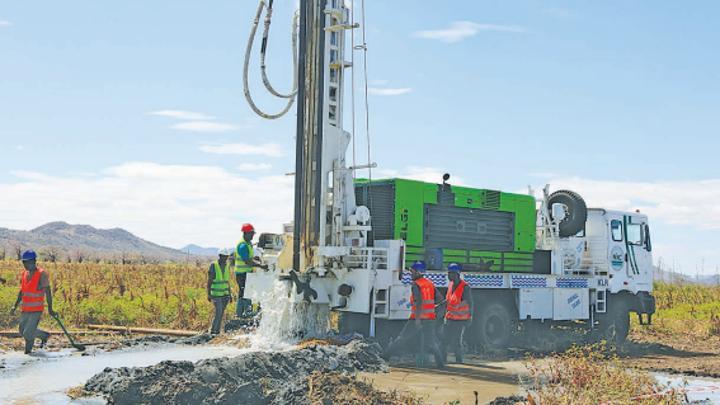Africa-Press – Tanzania. TANZANIA has made significant progress in the agricultural sector under the leadership of President Samia Suluhu Hassan, with key achievements in food security, particularly in the production and supply of sugar and edible oil.
Addressing the special 12th Parliament in Dodoma yesterday, President Samia outlined the government’s targeted actions to stabilise the supply of essential food items and strengthen national food security systems.
“Sugar has now been classified as a strategic food crop under our national food security measures. Legal provisions have been introduced to empower the National Food Reserve Agency (NFRA) to procure and stockpile sugar during times of shortage,” said the president.
To reduce dependence on sugar imports, the government has encouraged the construction and expansion of sugar factories. She cited the Bagamoyo Sugar Factory, with an annual production capacity of 35,000 tonnes and Mkulazi, producing 50,000 tonnes annually.
In addition, the Kilombero Sugar Factory expansion is expected to boost production by 271,000 tonnes per year.
Further, sugarcane plantation expansions have been undertaken at Mtibwa (4,700 hectares) and Kagera (9,071 hectares). As a result, domestic sugar production has grown from 311,358 tonnes in 2020 to 392,724 tonnes in 2024.
President Samia also highlighted the government’s efforts to scale up oilseed cultivation, with production rising from 1.71 million tonnes in 2021 to 2.18 million tonnes in 2024. Consequently, edible oil production has reached 396,335 tonnes, with plans to expand to 650,000 tonnes in the near future to meet domestic demand.
She stressed the goal of enhancing local processing to reduce dependency on imports, which cost the country significant foreign currency.
Agricultural exports have increased by 67 per cent, from 2.1 billion US dollars in 2021 to 3.5 billion US dollars in 2024, with traditional export crops growing from 973,177 tonnes to 1,443,629 tonnes over the same period. The government aims to raise export value to 5 billion US dollars by 2030.
To support year-round farming, irrigated land has expanded from 561,333 hectares in 2020 to 673,466 hectares in 2024, driven by a jump in irrigation projects from just 13 in 2020 to 780 in 2024. The goal is to reach 1.2 million hectares in the coming years.
Recognising agriculture’s critical role, the government increased the agriculture budget by over 300 per cent, from 294bn/- in 2021 to 1.24tri/- in 2025.
Access to quality seeds has improved, with availability increasing by 41 per cent, from 50,747 tonnes to 72,031 tonnes in 2024.
Local seed production has also grown by 61 per cent, from 8,797 tonnes in 2021 to 56,114 tonnes in 2024. The government has invested in international accreditation for seed laboratories to ensure quality assurance.
On fertiliser, President Samia said availability rose from 676,017 tonnes in 2021 to 1.21 million tonnes in 2025, approaching the 1.5 million tonnes.
For More News And Analysis About Tanzania Follow Africa-Press







